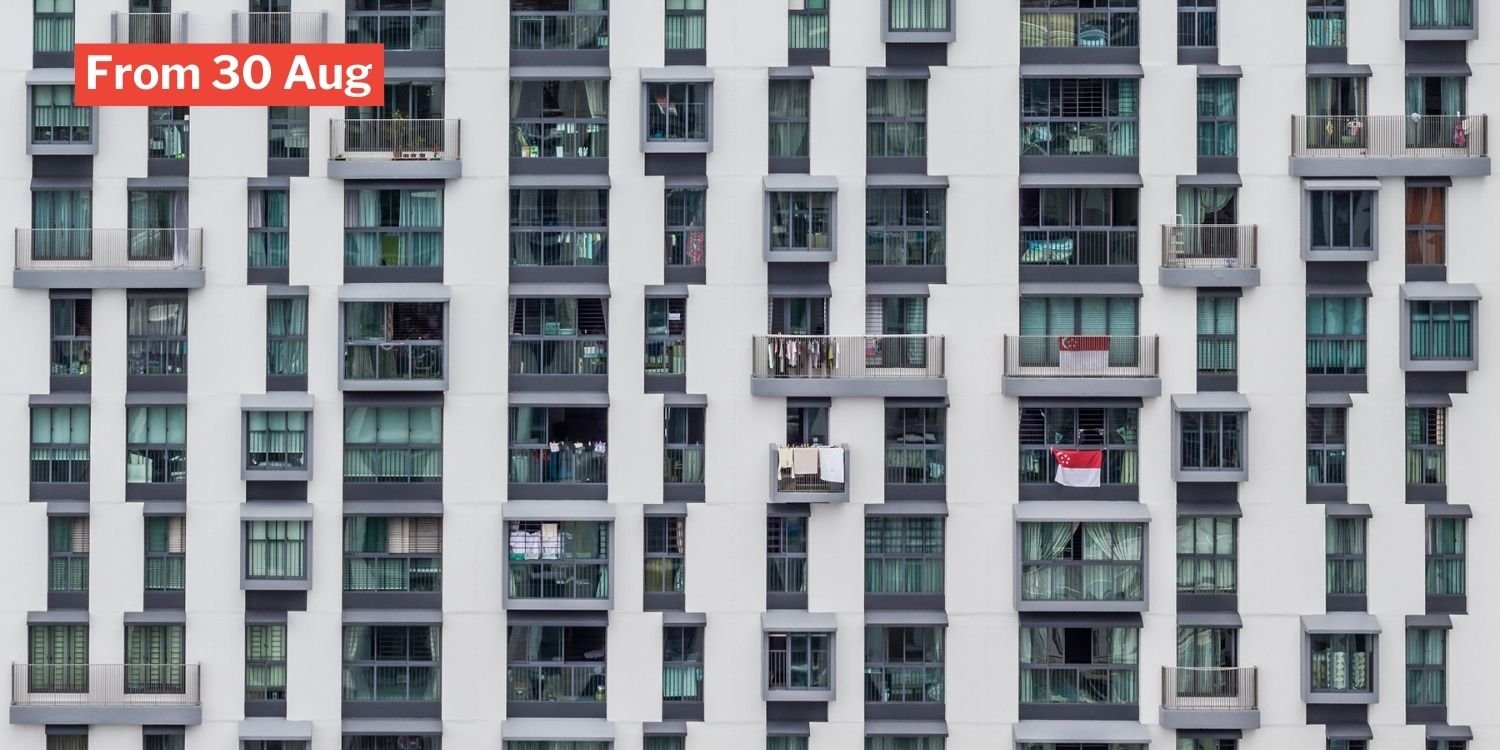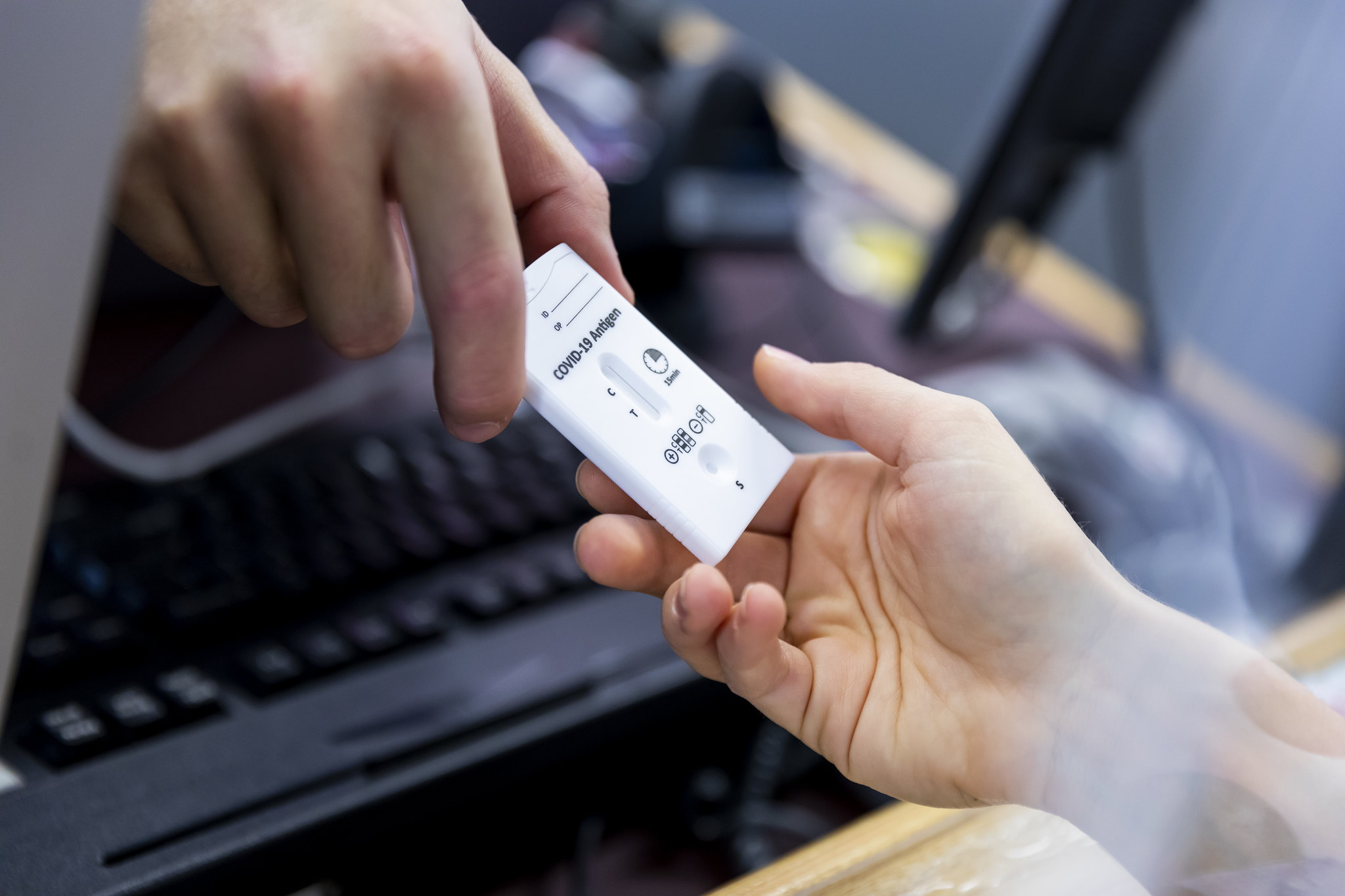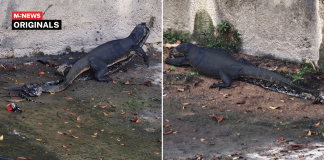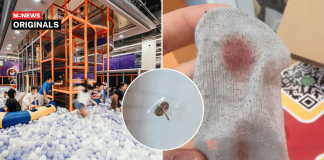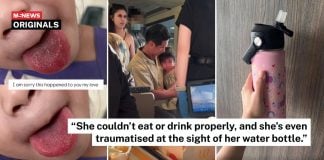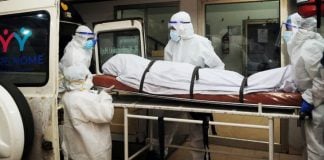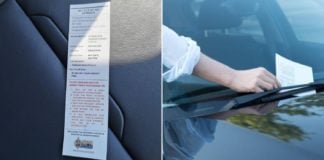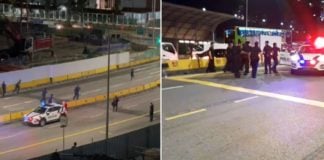Fully Vaccinated Covid-19 Patients With Mild Symptoms To Be Part Of Home Isolation Pilot
As Singapore makes adjustments to live with Covid-19, the Government is gradually introducing new measures to manage cases in the coming months.
These include a pilot programme beginning 30 Aug, which allows Covid-19 patients with mild or no symptoms to recover at home.
However, this largely depends on whether patients have a suitable residence that allows for proper self-isolation.
All members of the household, including the patient, must be fully vaccinated. Additionally, they must not belong to any vulnerable groups such as the elderly or immunocompromised.
First few days in medical facility before home isolation
In an update yesterday (19 Aug), the Ministry of Health (MOH) introduced the Home Isolation pilot for “medically stable” Covid-19 patients.
Health Minister Ong Ye Kung described it as a “crucial step” to living with Covid-19 as an endemic disease, in the Multi-Ministry Taskforce press conference.
While the patients can expect to spend most of their recovery at home, the first few days must still be at a medical facility.
If healthcare workers declare that their conditions aren’t likely to deteriorate and they no longer require hospital services, they will then qualify for home isolation.
Patients to wear electronic tracking devices during home isolation
During the period of self-isolation, patients will not be allowed to leave their homes. The only time they can do so will be for a medical review which MOH must approve beforehand, reports Channel NewsAsia (CNA).
To ensure that patients stay in isolation, MOH will check on them through surveillance calls and electronic tracking devices which they’ll have to wear.
All members of the household will come under home quarantine and undergo a daily antigen rapid test (ART) regimen.
The tests are necessary so that the authorities can detect any infection within the household early.
Patients in isolation will take a polymerase chain reaction (PCR) swab test on the 9th day to determine their eligibility for discharge.
Better care for seriously ill patients
This new programme, if successful, will help ease Singapore’s healthcare system greatly.
According to The Straits Times, with more than 35% of community cases in hospitals, a home isolation model can lighten the burden of our frontline heroes.
Let’s hope that the pilot goes smoothly so that more can benefit from it.
Have news you must share? Get in touch with us via email at news@mustsharenews.com.
Featured image adapted from Baptiste Roman on Flickr.
